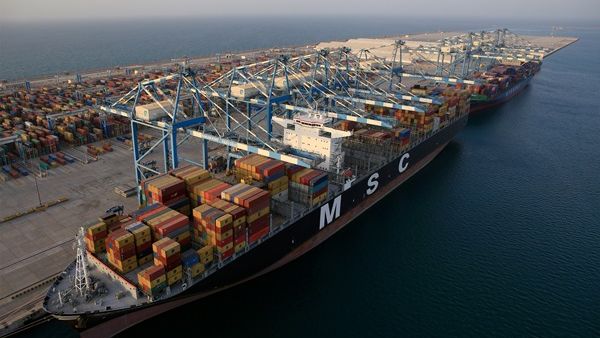Qatar’s trade surplus jumped by over 39% to reach QR14.9bn in December 2017, according to figures released recently by the Ministry of Development Planning and Statistics.
During the same period, Qatar’s total exports, including exports of goods of domestic origin and re-exports, amounted to around QR25.9bn, showing a 34.5% increase compared to December 2016, and a 19.0% increase compared to November 2017.
On the other hand, total imports in December 2017 amounted to around QR11.bn, or a 28.8% increase over December 2016. On a m-o-m basis, imports increased by 23.1% during the same period, the report said.
The report said the y-o-y increase in total exports was mainly due to higher exports of petroleum gases and other gaseous hydrocarbons such as LNG, condensates, propane, and butane, among others, reaching QR14.3bn in December 2017, or a 21.2% increase.
Petroleum oils and oils from bituminous minerals (crude) reaching QR6.5bn increased by 90.7%, while petroleum oils and oils from bituminous minerals (not crude) increased by 80.8% to reach QR 1.7bn during the same period.
In December 2017, Japan topped the list of countries of destination for Qatar’s exports with close to QR5bn or a 19.3% share of the total exports. This was followed by South Korea with almost QR3.8bn and a share of 14.7%, and India with about QR3.3bn or 12.7%.
- Qatar's Hamad Port Breaks Blockade With Five New Shipping Lines
- Qatar Economy 2017: Resilience And Growth Despite Blockade
During the same period, the ‘motor cars and other passenger vehicles’ group topped the list of the imported group of commodities with QR0.4bn, or a 44.7% decrease compared to December 2016.
This was followed by the ‘electrical apparatus for line telephony/telegraphy, telephone sets etc.; parts thereof’ with QR0.4bn or an increase by 62.5%, and the ‘turbojets, turbo propellers and other gas turbines; parts thereof’ with QR0.3bn, down by 43.9%.
In December 2017, the US was the leading country of origin for Qatar’s imports with about QR3.2bn or a 28.7% share of the imports, followed by China with QR1.5bn (13.6%), and Germany with QR0.7bn (6.3%).









